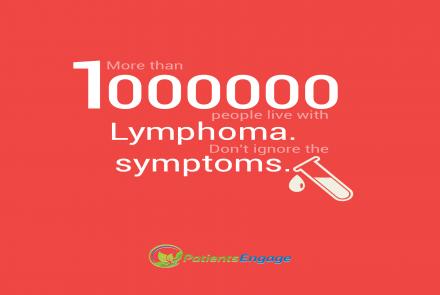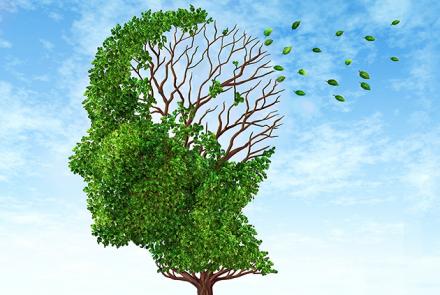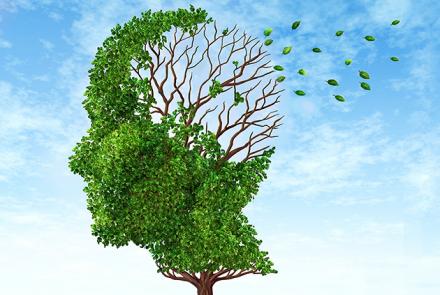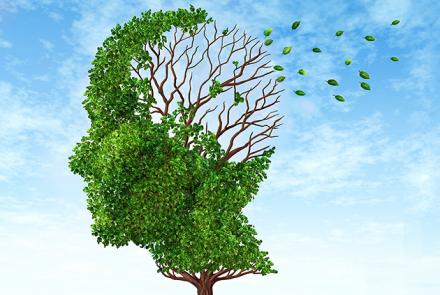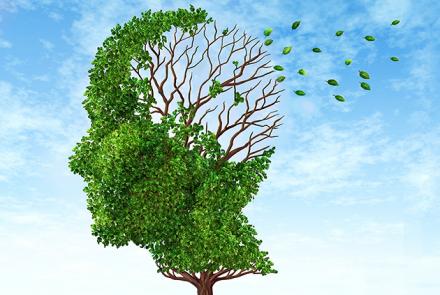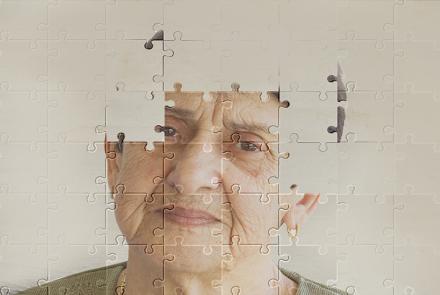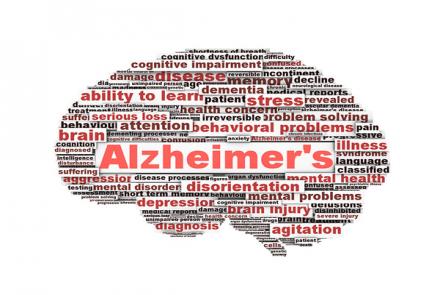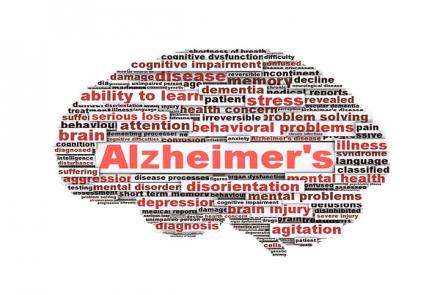Lymphoma is the name for a group of blood cancers that develop in the lymphatic system. The two main types are Hodgkin lymphoma and non-Hodgkin lymphoma (NHL).
Latest Stories
- What is Alzheimer's disease? Alzheimer's disease is a neurological disorder (disorder of the nervous system) in which the death of brain cells causes memory loss and cognitive decline. The disease starts mild and gets progressively worse. Mostly, it’s the neurons (nerve cells) that are destroyed in Alzheimer’s disease. Our thoughts and memories move through nerve cells as electrical charge. Alzheimer’s disease disrupts electrical charges within the cell and also the activity of…
- What are the stages of Alzheimer’s disease? The disease progresses differently in different individuals, but the following offers a rough guide to the various stages: Stage 1 – Mild/Early (lasts 2-4 yrs) This stage may be marked by frequent memory loss, particularly of recent conversations and events. The person may repeat the same questions and show some difficulty in understanding conversation. Mild coordination problems, like writing and using objects. Depression and apathy can occur,…
- How can you keep the patient well: Creating a safe and supportive environment: You may need to modify the home depending on the needs of the patient. This may include locking doors (if the patient is prone to wandering), installing gates in front of stairs to prevent falls, removing rugs or other objects that one could trip over, use of bright lighting or labelling the kitchen or the bathroom to reduce confusion for the patient. Regular exercise: This has known benefits for heart health…
- Can Alzheimer's be prevented? Currently there's no proven way to prevent Alzheimer's disease. Research into prevention strategies is ongoing. The strongest evidence so far suggests that you may be able to lower your risk of Alzheimer's disease by reducing your risk of heart disease. Many of the same factors that increase your risk of heart disease can also increase your risk of Alzheimer's disease. Important factors that may be involved include high blood pressure, high blood cholesterol,…
- Treatment options Two types of drugs are currently used: Cholinesterase inhibitors: Commonly prescribed cholinesterase inhibitors include Donepezil (Aricept), Galantamine (Razadyne) And Rivastigmine (Exelon). These drugs work by preventing the breakdown of the chemicals used for nerve cell communication in the brain and delay worsening of symptoms. The main side effects of these drugs include diarrhoea, nausea and sleep disturbances. Memantine (Namenda): This drug works in another…
- What are the symptoms of Alzheimer’s disease? The changes in behavior and understanding are different from those that normally happen as one ages. For instance, occasional lapses of memory occur in normal ageing, like sometimes forgetting where you left your things. It isn’t disabling. Whereas in Alzheimer’s, there is persistent disabling in intellectual abilities, like memory, language, judgment and abstract thinking. The patient may show some of the following symptoms: Memory changes and…
- How is Alzheimer’s disease diagnosed? There's no specific test today that confirms you have Alzheimer's disease. It is mainly based on the information that the patient or family member provides and results of various tests that can help clarify the diagnosis. To help distinguish Alzheimer's disease from other causes of memory loss, the following types of tests can be helpful: Medical history Neurological exam – Reflexes, coordination, muscle tone and strength, eye movement, speech,…
- What causes Alzheimer’s disease? Scientists believe that for most people, Alzheimer's disease results from a combination of genetic, lifestyle and environmental factors that affect the brain over time. Although the causes of Alzheimer's are not yet fully understood, its effect on the brain is clear. Alzheimer's disease damages and kills brain cells. As more and more brain cells die, Alzheimer's leads to significant brain shrinkage. What are the risk factors for…

